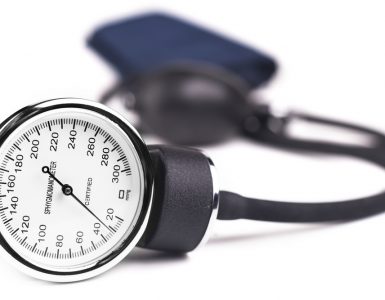| Vitamin name |
CoQ10 |
| What’s it used for? | Production of energy, antioxidant, protection of heart, good circulation and healthy gums |
| Best food sources | Widely available in plant-based foods such as fruits and vegetables. Oily fish, organ meats and wholegrains are also good sources |
| How much do I need? | *No NRV has been established for this nutrient |
*A Nutrient Reference Value or NRV is the recommended level set by the UK Department of Health for daily nutrient intake
CoQ10
CoQ10 or Coenzyme Q10 is a vitamin-like substance. It’s essential in the formation of energy because it works in the energy-producing unit of all our body cells. CoQ10 is also known as ubiquinol, which comes from the word ‘ubiquitous’, meaning everywhere; CoQ10 is in every cell of the body.
Whilst its main function is to produce energy, CoQ10 has an important function as an antioxidant, primarily protecting the heart. It also helps to regenerate other vitamins, for example, vitamin E, which means it increases its effectiveness.
CoQ10 exerts real health benefits to the heart and helps to regulate blood pressure and good blood circulation. This also positively effects the health of the gums.
Why do I need it?
Although the body can produce its own CoQ10 and it’s widely available in foods, deficiencies can still occur. In fact, the body’s own production would not be sufficient for any therapeutic dosages. As an example, people who are taking statin medication for high cholesterol appear to have lower CoQ10 in the body, therefore energy levels are often low. Taking a supplement of CoQ10 can help improve vitality.
The body’s natural production of CoQ10 also reduces with age, hence the elderly are often deficient. Additionally, as it’s so important in the production of energy, it’s a real ‘go-to’ nutrient when people are feeling ‘lack-lustre’.
Best food sources
It’s very widely available in every living cell including plant cells. Therefore, plant foods contain higher levels of CoQ10. Interestingly, levels of CoQ10 measured in body cells of vegetarians are higher than in meat eaters, which indicates that a high intake of plant foods preserves higher CoQ10 levels.
Foods high in CoQ10

Peanuts – 7 mg per 100g

Beef sirloin – 3.1 mg per 100g

Soy beans – 1.87 mg per 100g

Broccoli – 0.59 mg per 100g

Natto (fermented soy beans) – 0.56 mg per 100g
Are you getting enough?
Although the body can make its own CoQ10, deficiencies can still occur and levels tend to decline with age. Deficiencies frequently affect the heart and can, unfortunately, lead to heart failure.
Additionally, just like a car engine that needs fuel, the body needs energy, and if levels of CoQ10 are depleted, energy levels will also be low. Its antioxidant potential is also protective of other heart-related issues such as atherosclerosis, which is made worse by free-radical damage.
Did you know?
CoQ10 is popular as a supplement with athletes as it’s known to benefit performanceAlthough widely available in human body cells, dietary sources alone are not sufficient for any therapeutic use
CoQ10 has been shown to be effective in people suffering from gum disease
It is not recommended to take during pregnancy purely because its safety during this time has not been proven
Usual dosage ranges from 50 to 150 milligrams per day
For more information visit www.feelaliveuk.com
You can also follow Alive! on Twitter for general health and wellbeing tips: @feelaliveuk







